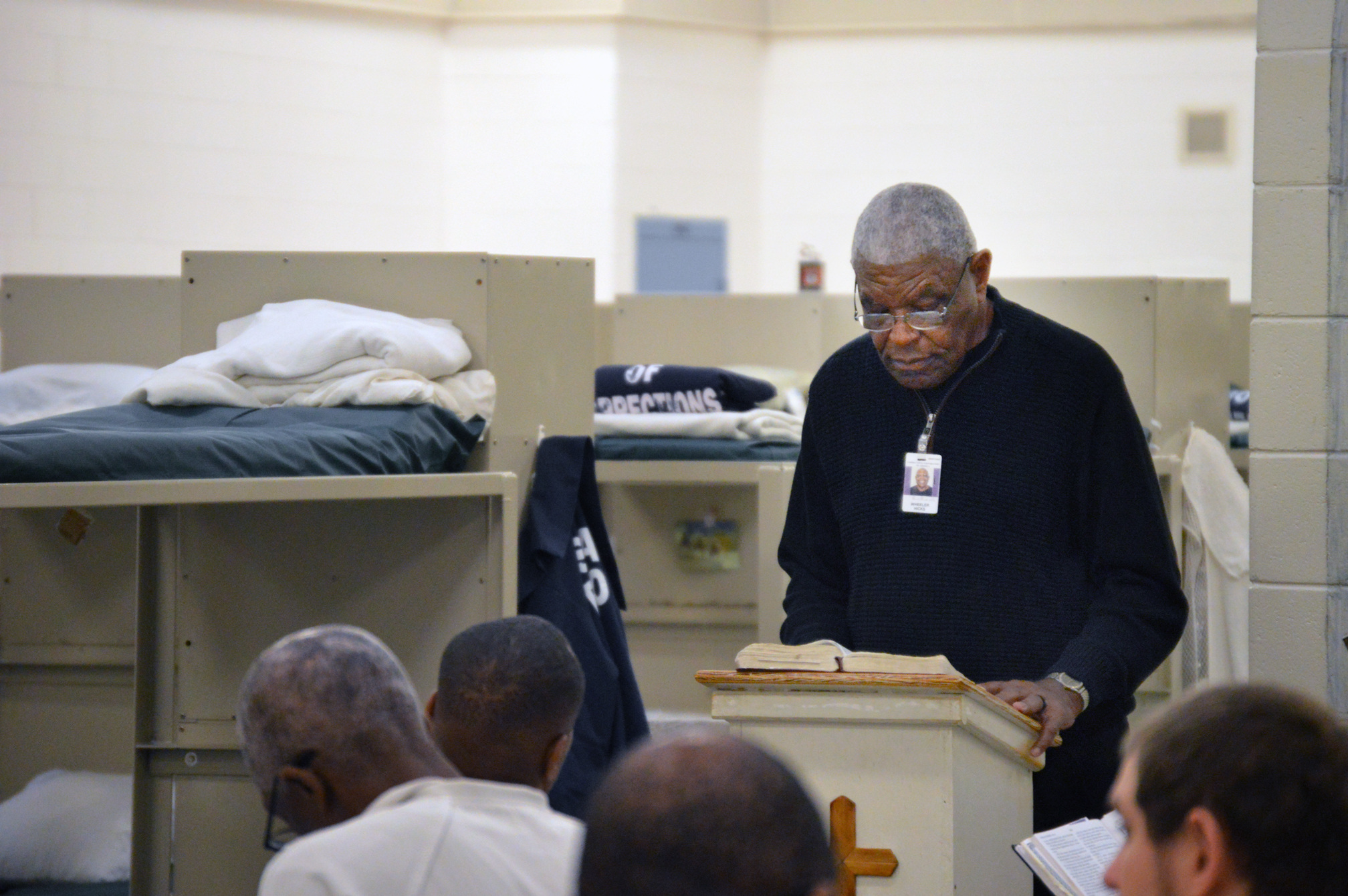
What does it mean to have a good life? Although the answer varies from person to person, a new faith-based program is helping residents at CoreCivic facilities find the answer to that question so they can begin to change for the better.
Matt Moore, senior director of Reentry Services, said the program "Finding the Good Life" is replacing the "Threshold" faith-based curriculum that was used for several years at CoreCivic.
"This change comes from a desire to incorporate a more flexible and on-point curriculum," said Moore.
Moore worked with longtime CoreCivic education partner The Change Companies to develop the new curriculum and invited correctional chaplains to share their thoughts about what they felt would be most effective.
The result is a 12-week program with 14 sessions that uses the ancient Exodus story to help participants progress from a life marked with suffering (symbolized by the Israelites’ bondage in Egypt and decades wandering the desert) to the good life (represented by the formerly enslaved people finally finding the Promised Land).
Finding the Good Life has an open cycle enrollment, meaning participants can join at any time.
“We want to allow for a more regular flow of participants in and out of the program so there are no limitations for people to join the program,” Moore added.
The decision to use Exodus as the main teaching tool was mainly an ecumenical one. While the story is often associated with the Christian Bible, it figures prominently in Jewish and Islamic traditions. The course content also contains references to the mindfulness techniques used in Buddhism and Hinduism.
“It uses this story of the Promised Land that ties it all together really well, but someone from any faith or no faith can benefit from it,” said Moore.
One of the main components of the curriculum is a Wilderness Journal, in which residents are encouraged to explore the thoughts and ideas they have about transforming their lives for the better. This journal discusses moving from a place of scarcity to abundance and having gratitude, cultivating positive emotions, and forming more meaningful connections and achievements.
Mark Lopez, who serves as a chaplain at CoreCivic's Saguaro Correctional Center in Eloy, Arizona, is among those who contributed ideas and writings for the curriculum and the Wilderness Journal.
Lopez said the main takeaways from the program are to develop patience and humility while depending on God, “when we decide our own exodus moment to change and leave our bondage behind,” he shared. “Change is a process that requires time. It doesn’t happen overnight.”
But with the right frame of mind, it can happen.
“My hope is that through this retelling of the story and its relevance to the participants at this point in their lives, they would see it’s time for change—that it is possible, that there is a process to undergo and we must have the right attitude to make it happen,” said Lopez.
CoreCivic strives to help individuals maintain meaningful connections to the faith of their choice by providing religious services, resources, and opportunities, such as baptisms. Chaplains rely on a robust network of volunteers and religious resource groups to ensure a variety of faiths are accommodated for those in our care. This allows individuals to continue growing in their faith as they prepare for their next step in life with hope and purpose.
